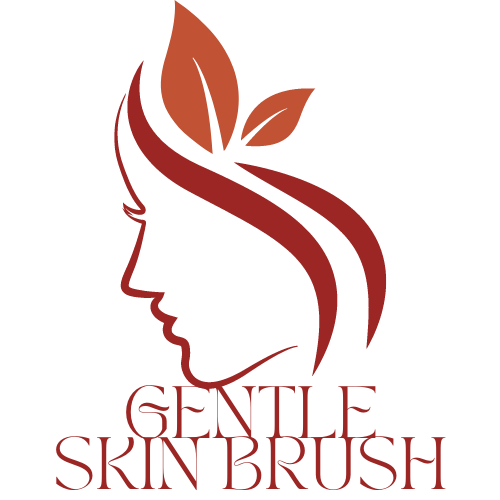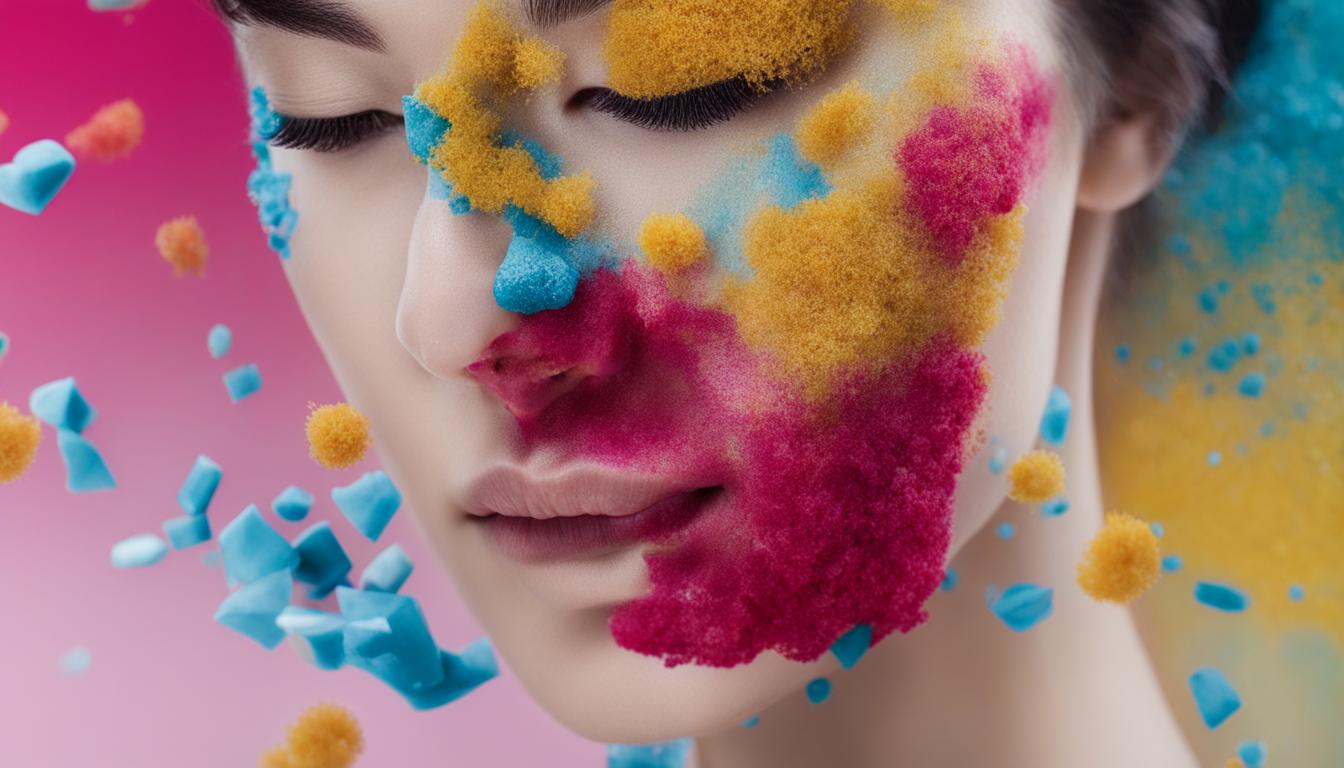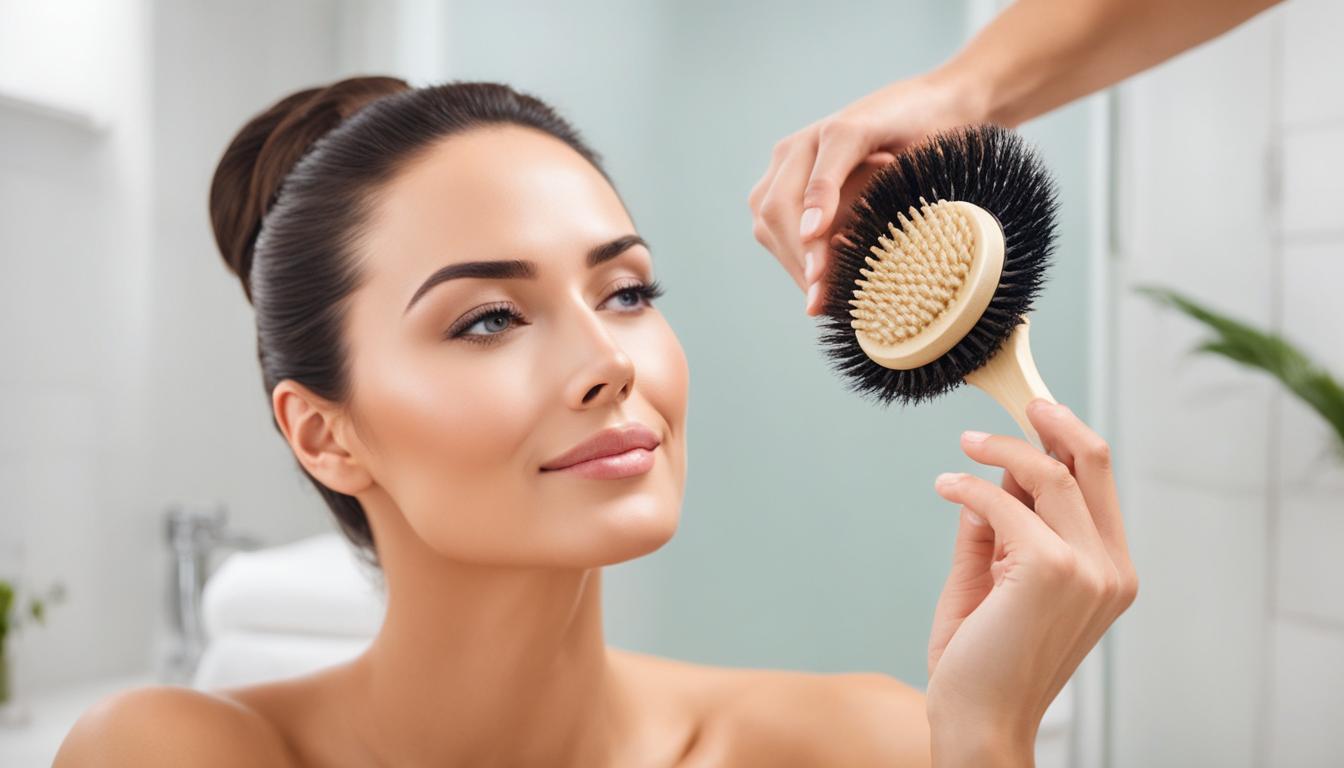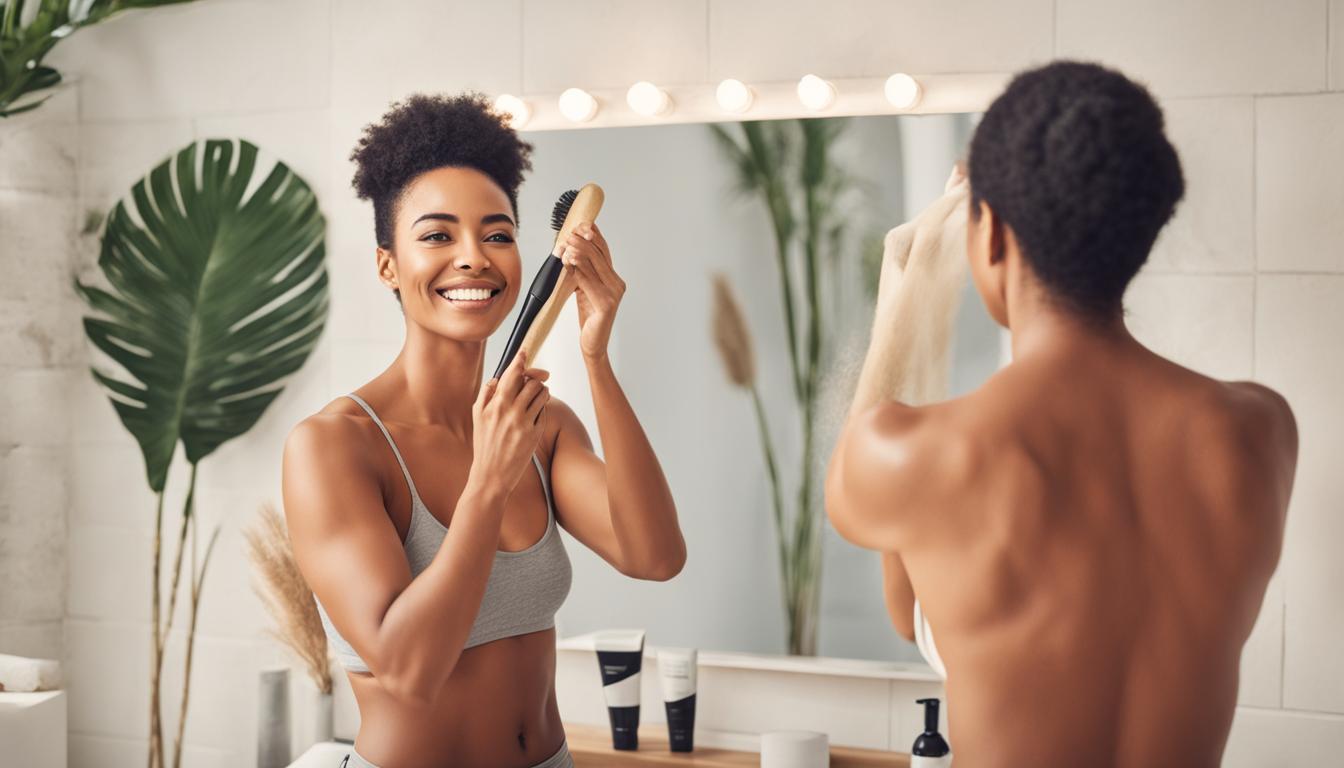Facial cleansing brushes have become a popular tool in skincare routines, but there is a lingering question of whether they can cause acne. According to experts, facial brushes are effective in cleaning the skin and removing dirt and oil. They can potentially help prevent acne by deep cleansing the pores and allowing acne medication to penetrate more deeply. However, it is important to use facial brushes correctly and choose the right brush head for your skin type to avoid over-exfoliating or irritating the skin. Facial brushes can be beneficial for most skin types, but those with sensitive skin should be cautious and limit usage to a few times per week. By following proper usage guidelines and considering your skin’s specific needs, you can enjoy the benefits of facial brushes without exacerbating acne.
Contents
- 1 The Benefits of Using a Facial Cleansing Brush
- 2 Proper Usage and Care of Facial Brushes
- 3 Conclusion
- 4 FAQ
- 4.1 Can facial brushes cause acne?
- 4.2 What types of facial brushes are there and how do they affect the skin?
- 4.3 What are the benefits of using a facial cleansing brush?
- 4.4 How should I use and care for my facial brush?
- 4.5 What are the potential risks of using facial brushes?
- 4.6 What are expert recommendations on facial brush usage?
- 4.7 Are facial brushes recommended by dermatologists?
- 5 Source Links
Key Takeaways:
- Facial brushes can effectively clean the skin and remove dirt and oil.
- Proper usage and choosing the right brush head are crucial to prevent over-exfoliation and skin irritation.
- Facial brushes can potentially help prevent acne by deep cleansing the pores.
- Those with sensitive skin should limit facial brush usage to avoid irritation.
- By following proper usage guidelines, you can enjoy the benefits of facial brushes without exacerbating acne.
Different Types of Facial Brushes and their Effects on the Skin
Facial brushes have gained popularity as an effective tool in skincare routines. Understanding the different types of facial brushes and their effects on the skin is crucial in determining the best choice for your skincare needs. Here, we explore the three main types of facial brushes and how they can impact your skin.
Bristle Brushes
Bristle brushes are known for their deep cleansing action, effectively removing dirt, oil, and impurities from the skin. The bristles are usually made from synthetic materials or natural fibers like boar hair. These brushes offer a thorough exfoliation and can help in preventing acne breakouts by unclogging pores. However, it is important to use them with caution, especially if you have sensitive skin, as they can be too harsh if not used properly.
Silicone Brushes
Silicone brushes are a gentler option, making them suitable for individuals with dry or sensitive skin. The soft, silicone bristles are non-abrasive and provide a gentle massage to the skin. Silicone brushes are effective in removing dirt and impurities, leaving the skin feeling refreshed. They are also easy to clean and maintain, making them a convenient choice for everyday use.
Exfoliating Brushes
Exfoliating brushes are designed specifically to remove dead skin cells, making them beneficial for preventing acne breakouts. These brushes usually feature textured bristles or a rotating disc to slough away dead skin, revealing a brighter and smoother complexion. However, it is essential to use exfoliating brushes with caution and avoid over-exfoliating, as this can lead to skin irritation and sensitivity.
Choosing the right facial brush for your skin type and concerns is essential in achieving the desired effects. Consider factors such as your skin’s sensitivity, the level of exfoliation needed, and any specific skin issues you may have. By selecting the appropriate facial brush, you can incorporate it into your skincare routine effectively and enjoy its benefits in promoting healthier, clearer skin.
| Facial Brush Type | Effect on the Skin |
|---|---|
| Bristle Brushes | Deep cleansing, unclogging pores, potential for skin irritation if not used properly |
| Silicone Brushes | Gentle cleansing, suitable for dry and sensitive skin types |
| Exfoliating Brushes | Removes dead skin cells, promotes cell turnover, potential for skin irritation if overused |
The Benefits of Using a Facial Cleansing Brush
Using a facial cleansing brush has numerous benefits for your skin. These brushes provide a more effective cleanse than manual cleansing, ensuring that dirt, oil, and makeup are thoroughly removed from the skin’s surface. By exfoliating the skin, facial brushes promote collagen production, resulting in a tighter and more youthful appearance. They also help to prevent breakouts by removing excess oil and dirt from the pores, allowing acne medication to penetrate more effectively. Additionally, facial brushes improve circulation in the face, leading to a healthier complexion.
Facial brushes are particularly beneficial for individuals with acne-prone skin. The deep cleansing action of these brushes helps to unclog pores and remove impurities that can contribute to acne breakouts. By thoroughly cleansing the skin, facial brushes can also aid in the prevention of further acne development. However, it is important to use facial brushes in moderation and follow proper cleansing techniques to avoid skin damage or irritation.
“Using a facial cleansing brush can provide an added boost to your skincare routine, enhancing the overall effectiveness of your products.” – Dermatologist Dr. Rachel Nelson
Improved Product Absorption
One key advantage of using a facial cleansing brush is that it allows for better absorption of skincare products. By exfoliating the skin and removing dead cells, facial brushes help to create a smoother surface for the application of serums, moisturizers, and other treatments. This allows these products to penetrate more deeply into the skin, maximizing their efficacy.
When using a facial brush, it is important to choose the right brush head for your skin type and concerns. Bristle brushes provide a deeper cleanse, while silicone brushes are gentler and more suitable for sensitive skin. Additionally, it is recommended to limit facial brush usage to a few times per week, especially for those with sensitive skin. By being mindful of your skin’s specific needs and following proper usage guidelines, you can enjoy the benefits of using a facial cleansing brush without exacerbating acne or causing skin damage.
| The Benefits of Using a Facial Cleansing Brush | |
|---|---|
| Thoroughly cleanses the skin, removing dirt, oil, and makeup | ✔ |
| Promotes collagen production for a tighter and more youthful appearance | ✔ |
| Prevents breakouts by removing excess oil and dirt from the pores | ✔ |
| Improves circulation in the face for a healthier complexion | ✔ |
| Enhances absorption of skincare products | ✔ |
Proper Usage and Care of Facial Brushes
To make the most of your facial brush and prevent acne breakouts, it is crucial to use it correctly and take proper care of it. Here are some guidelines to follow:
1. Preparing the Skin
Before using the brush, remove your makeup using a makeup remover. This ensures that the brush can effectively cleanse the skin without any barriers. After removing your makeup, wet your face with warm water to soften the skin and open up the pores. This prepares the skin for a deeper cleanse.
2. Choosing the Right Cleanser
Choose a gentle foaming cleanser that is suitable for your skin type. Apply the cleanser to your face and the brush head. It is important to use a cleanser that is compatible with the brush to avoid any potential reactions or irritations.
3. Using the Brush
Hold the brush at a 45-degree angle against your skin. Use circular motions to gently move the brush across your face, focusing on the T-zone area where excess oil and dirt tend to accumulate. Avoid applying excessive pressure, as this can cause skin irritation. Also, remember to avoid using the brush on the delicate eye area.
4. Cleaning and Maintenance
After each use, clean the brush head with warm water and a mild cleanser or soap to remove any bacteria or residue. This helps to prevent breakouts and maintain the hygiene of the brush. Additionally, it is important to change the brush head every three months to ensure optimal performance and avoid the buildup of bacteria.
By following these usage and care guidelines, you can effectively prevent acne breakouts and keep your facial brush in good condition, ensuring healthy and clean skin.
The Potential Risks of Using Facial Brushes
While facial brushes can have numerous benefits for the skin, it is crucial to be aware of potential risks. Over-exfoliating with facial brushes can lead to dryness and disrupt the skin’s lipid barrier, causing dehydration and irritation. Aggressive exfoliation can also cause chronic inflammation, leading to premature aging. For individuals with sensitive skin or prone to skin discoloration, excessive exfoliation with facial brushes can stimulate melanin activity and increase skin discoloration. It is essential to use facial brushes in moderation and avoid using them on broken or sunburned skin. If you have skin conditions such as psoriasis or eczema, it is best to avoid using facial brushes until the skin has healed. By being cautious and attentive to your skin’s needs, you can minimize the potential risks associated with facial brush usage.
The Importance of Proper Technique
When using facial brushes, it is crucial to follow proper technique to minimize the risk of skin damage. Applying excessive pressure or using the brush for an extended period can lead to skin irritation and inflammation. Instead, use gentle circular motions and let the brush do the work. Focus on the T-zone, where most oil and dirt accumulate, and avoid the delicate eye area. Additionally, it is essential to cleanse the brush head after each use to remove bacteria and prevent the spread of germs. Regularly replacing the brush head every three months is also crucial for maintaining hygiene and preventing the buildup of bacteria.
“Over-exfoliating with facial brushes can lead to dryness and disrupt the skin’s lipid barrier, causing dehydration and irritation.”
Considering Your Skin’s Needs
Every individual’s skin is unique, and it is important to consider your skin’s specific needs when using facial brushes. If you have sensitive or acne-prone skin, it is advisable to choose a brush head with softer bristles or opt for a silicone brush that provides a gentler cleansing action. Those with dry skin should be cautious with exfoliating brushes, as they can further strip away moisture. It is crucial to listen to your skin’s reactions and adjust your usage accordingly. If you experience any signs of irritation or worsening acne, it may be necessary to reduce the frequency of facial brush usage or discontinue use altogether. Consulting with a dermatology professional can provide personalized guidance and recommendations based on your skin type and concerns.
| Potential Risks | Precautions |
|---|---|
| Dryness and disruption of the skin’s lipid barrier | Use facial brushes in moderation and avoid over-exfoliating |
| Chronic inflammation and premature aging | Follow proper technique and avoid aggressive exfoliation |
| Increased skin discoloration | Be cautious with excessive exfoliation on sensitive or discolored skin |
| Do not use on broken or sunburned skin | Avoid using facial brushes until the skin has fully healed |
Expert Recommendations on Facial Brush Usage
When it comes to using facial brushes, dermatologists have varying recommendations based on individual skin types and concerns. Most experts suggest using facial brushes 1-2 times per week to prevent over-exfoliation and potential skin irritation. It is important to assess your skin type and concerns and consult with a dermatology professional before incorporating a facial brush into your skincare routine. They can provide personalized advice on the frequency and technique of using facial brushes based on your specific needs.
If you prefer a gentler alternative to facial brushes, konjac sponges can be used 2-3 times a week for exfoliation. These sponges are made from the fibers of the konjac plant and provide a natural and gentle exfoliation for the skin. Like facial brushes, it is important to choose the right exfoliation method for your skin and to listen to your skin’s reactions to avoid any adverse effects.
It is crucial to understand that not all facial brushes or exfoliation methods will work for everyone. It is essential to consider your skin’s specific needs, including sensitivity, acne-prone areas, and existing conditions. By being informed and cautious, you can minimize the potential risks associated with facial brush usage and find a routine that works best for your skin.
Are Facial Brushes Recommended by Dermatologists?
Dermatologists have varying opinions when it comes to the use of facial brushes for skincare. While some acknowledge the benefits of facial brushes for exfoliation and deep cleansing, others caution against excessive usage that can lead to skin damage and irritation. It is important to use facial brushes properly, following the manufacturer’s instructions and being mindful of your skin’s reactions. If you have any concerns or experience skin irritation, it is advisable to consult with a dermatology professional for personalized guidance. They can analyze your skin type, concerns, and existing conditions to determine if using a facial brush is suitable and safe for your skin.
It’s important to note that facial brushes should not be relied upon as the sole solution for treating acne. They can be a part of your skincare routine, but other factors, such as genetics, hormonal imbalances, and lifestyle choices, also play a significant role in acne development. Dermatologists may recommend a comprehensive approach that includes a combination of topical treatments, lifestyle modifications, and professional treatments alongside the use of a facial brush.
“Facial brushes can be an effective tool for deep cleansing and exfoliation, but it’s crucial to use them correctly and in moderation,” says Dr. Rachel Johnson, a board-certified dermatologist. “They can help remove dirt, oil, and dead skin cells, but overusing them or applying too much pressure can lead to skin irritation and dryness.”
Considerations for Using Facial Brushes
When deciding whether to incorporate a facial brush into your skincare routine, it’s essential to consider your skin type, concerns, and any existing skin conditions. Here are some key points to keep in mind:
- Facial brushes are generally suitable for most skin types but may not be ideal for individuals with extremely sensitive or inflammatory skin conditions.
- If you have active acne lesions or open wounds on your face, it is best to avoid using a facial brush until the skin has healed to prevent further irritation or infection.
- Consult with a dermatologist or skincare professional to determine the frequency and technique that works best for your skin. They can provide personalized recommendations based on your individual needs and goals.
By being informed and cautious in your approach to using facial brushes, you can make an educated decision on whether they are suitable for your skincare routine. Remember that skincare is not a one-size-fits-all solution, and what works for one person may not work for another. It’s always best to seek professional advice when in doubt.
| Pros | Cons |
|---|---|
| Effective in deep cleansing and exfoliating the skin | Excessive usage can cause skin irritation and dryness |
| Can help remove dirt, oil, and dead skin cells | May not be suitable for individuals with sensitive or inflammatory skin conditions |
| Promotes better absorption of skincare products | Not a standalone solution for treating acne |
| Improves circulation and promotes a healthier complexion | Individual results may vary |
Conclusion
Facial brushes can be a valuable addition to your skincare routine, offering deep cleansing and exfoliation benefits. When used correctly and in moderation, they can help treat acne and promote a healthier complexion. By choosing the right brush head for your skin type, following proper usage guidelines, and maintaining good hygiene, you can prevent bacteria buildup and minimize the risk of acne breakouts.
While some dermatologists recommend facial brushes, it is important to consider your skin’s specific needs. If you have sensitive or easily irritated skin, it is advisable to consult with a skincare professional for personalized advice. They can assess your skin type, concerns, and any existing conditions to determine if using a facial brush is suitable and safe for you.
Remember, facial brushes are just one tool in your skincare arsenal. It is important to complement their usage with other effective skincare practices, such as a balanced diet, regular exercise, and adequate hydration. By adopting a holistic approach to skincare, you can effectively treat acne and maintain a healthy, radiant complexion.
In conclusion, facial brushes can be beneficial for treating acne caused by clogged pores and promoting overall skin health. By using them responsibly and in conjunction with expert advice, you can enjoy the benefits of facial brushes without causing harm to your skin.
FAQ
Can facial brushes cause acne?
According to experts, facial brushes are effective in cleaning the skin and removing dirt and oil. They can potentially help prevent acne by deep cleansing the pores and allowing acne medication to penetrate more deeply. However, it is important to use facial brushes correctly and choose the right brush head for your skin type to avoid over-exfoliating or irritating the skin.
What types of facial brushes are there and how do they affect the skin?
Facial brushes come in various types, including bristle brushes, silicone brushes, and exfoliating brushes. Bristle brushes provide a deep cleansing action, silicone brushes are gentle and suitable for dry and sensitive skin types, and exfoliating brushes are designed to remove dead skin cells. It is important to choose a brush head that suits your skin type and concerns to achieve the desired effects.
What are the benefits of using a facial cleansing brush?
Facial brushes provide a more effective cleanse than manual cleansing, remove dirt, oil, and makeup, promote collagen production, help prevent breakouts, and improve circulation in the face, leading to a healthier complexion. However, it is important to use facial brushes in moderation and follow proper cleansing techniques to avoid skin damage or irritation.
How should I use and care for my facial brush?
Before using the brush, remove your makeup using a makeup remover. Choose a gentle foaming cleanser suitable for your skin type and apply it to your face and the brush head. Use the brush in circular motions, focusing on the T-zone and avoiding the delicate eye area. After each use, clean the brush head with warm water and a mild cleanser or soap to remove bacteria. Additionally, it is important to change the brush head every three months to maintain hygiene.
What are the potential risks of using facial brushes?
Over-exfoliating with facial brushes can lead to dryness, disrupt the skin’s lipid barrier, cause dehydration, and irritation. Aggressive exfoliation can also cause chronic inflammation and premature aging. Excessive exfoliation can stimulate melanin activity and increase skin discoloration for individuals with sensitive skin or prone to discoloration. It is important to use facial brushes in moderation and avoid using them on broken or sunburned skin.
What are expert recommendations on facial brush usage?
Most experts suggest using facial brushes 1-2 times per week to prevent over-exfoliation and potential skin irritation. It is important to assess your skin type and concerns and consult with a dermatology professional before incorporating a facial brush into your skincare routine. They can provide personalized advice on the frequency and technique of using facial brushes based on your specific needs.
Are facial brushes recommended by dermatologists?
Dermatologists have varying opinions on the use of facial brushes. While some acknowledge the benefits of facial brushes for exfoliation and deep cleansing, others caution against excessive usage that can lead to skin damage and irritation. It is important to use facial brushes properly, following the manufacturer’s instructions and being mindful of your skin’s reactions.





Leave a Reply